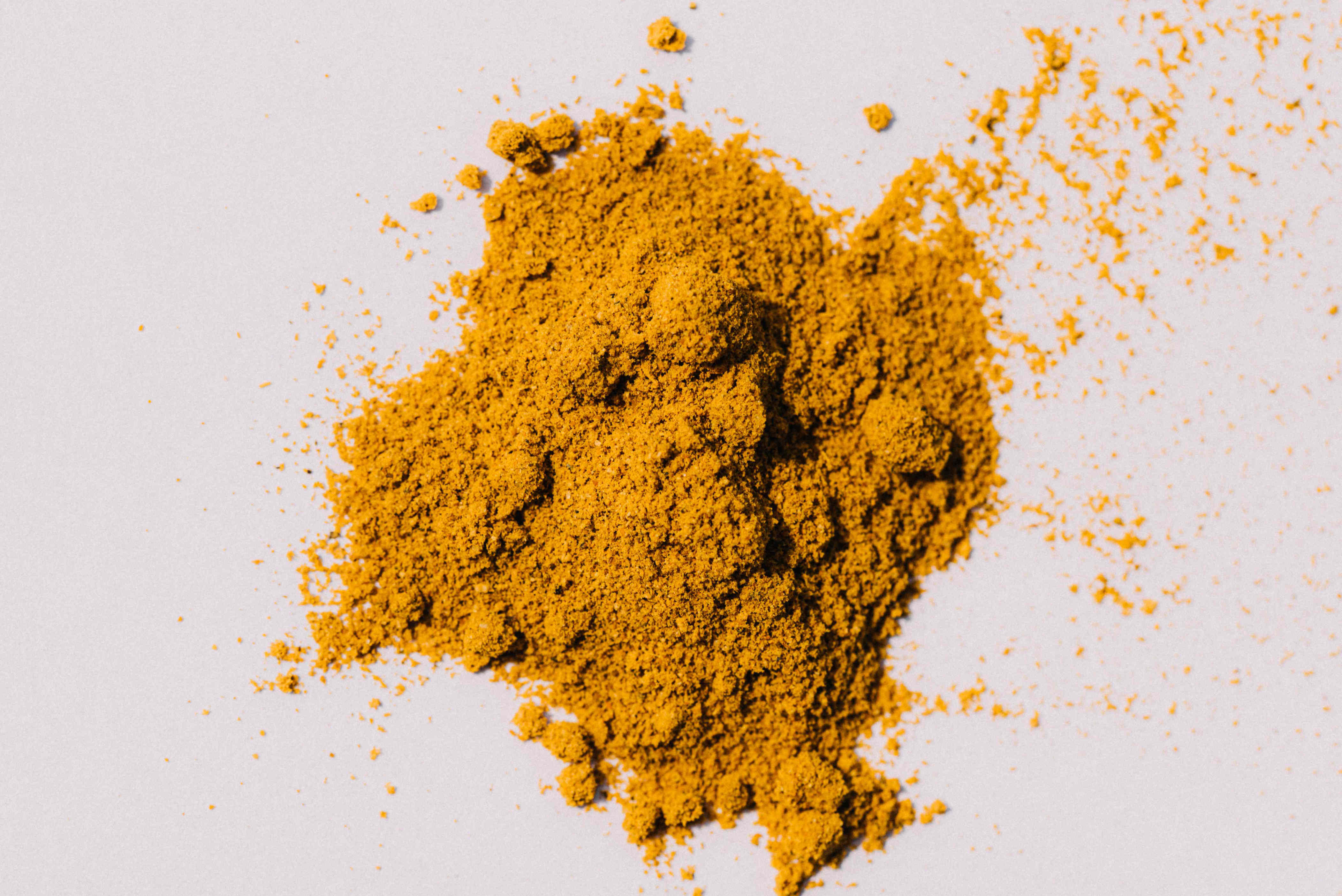Medically reviewed by Erika Prouty, PharmD
Key Takeaways
- Turmeric is safe to include in your daily diet, but high-dose supplements have been linked to reports of serious liver damage.
- If you have liver problems, take other medications, or are pregnant, it’s best to consult a healthcare provider before using turmeric or curcumin supplements.
- If you're taking a supplement with turmeric or curcumin and notice symptoms like jaundice, nausea, or fatigue, stop taking it and talk to your healthcare provider.
Turmeric isn’t inherently bad for your liver, but taking too much—especially in supplement form—can pose a risk. Used for centuries in cooking and traditional medicine, turmeric is a popular ingredient in supplements marketed for everything from joint support to liver health.
When Turmeric Might Be Harmful to the Liver
Despite its possible benefits, turmeric supplements are not risk-free. There have been at least 70 reports of liver damage tied to turmeric supplements, including cases of non-infectious liver inflammation (hepatitis) and cholestasis. Most people recovered after stopping the supplement, but some required hospitalization, and at least one person has died from turmeric-related liver failure.
The Drug-Induced Liver Injury Network (DILIN) reported that out of 2,392 suspected liver injury cases studied from 2004–2022, 10 were linked to turmeric supplements. In these cases, people used turmeric for an average of 86 days before symptoms of liver injury appeared. The most common symptoms were jaundice, abdominal pain, and nausea.
Importantly, most of these cases involved high-dose curcumin supplements, some with added components that dramatically boost curcumin absorption. Enhanced absorption may sound like a good thing, but it can also raise the risk of liver injury by increasing the amount that reaches your bloodstream.
Turmeric vs. Curcumin
Turmeric is a golden-yellow spice derived from the root of the Curcuma longa plant. The compound most often credited for turmeric’s health benefits is curcumin, which makes up only a small portion of the turmeric root—around 3% by weight. While turmeric is used in cooking and teas, many supplements contain curcumin as a concentrated extract.
Turmeric supplements are available in a range of forms, such as powders, capsules, tablets, teas, tinctures, and topicals. Some turmeric supplements contain curcumin with piperine (from black pepper), which can boost absorption up to 20-fold.
How Turmeric May Support Liver Health
Curcumin is widely known for its anti-inflammatory and antioxidant effects. These properties may help reduce oxidative stress and inflammation, which are key drivers in many liver diseases, including non-alcoholic fatty liver disease (NAFLD).
Curcumin appears to lower inflammatory markers and may help regulate liver enzymes involved in the body’s detoxification processes. In animal models, turmeric components have shown potential to reduce liver fibrosis and improve liver repair.
A meta-analysis of 16 randomized controlled trials with over 1,000 people found that curcumin supplementation improved liver enzyme levels, resolved liver steatosis (fatty buildup), and reduced total cholesterol and body mass index (BMI) in people with NAFLD.
Turmeric Dosage: How Much Turmeric Is Too Much?
Most clinical studies have safely used turmeric doses of 500 mg to 2,000 mg daily. Conventional formulations of turmeric are likely safe in doses of 1.5 grams (1500 mg) daily for up to 3 months. Be sure to follow the directions on the label, especially if you switch from one brand or formulation to another, as turmeric or curcumin content can vary widely across different products.
Turmeric products providing up to 8 grams of curcumin have been safely used short-term. Doses of over 8 grams of curcumin per day are generally not recommended due to intolerable side effects. Lower doses may offer benefits for liver health. In one study, for example, curcumin doses under 500 mg per day appeared safe and effective for improving liver enzyme levels in people with NAFLD.
Turmeric is generally safe for most people when used as a spice in foods, even when consumed daily. Up to 2 grams a day in meals or drinks is considered safe. Since turmeric only contains a small amount of curcumin, it’s unlikely to cause liver issues when used in cooking. However, turmeric supplements can deliver much higher doses and should be approached with caution.
Who May Be at Higher Risk?
Some people may be more vulnerable to turmeric-related liver injury. It’s a good idea to avoid turmeric or curcumin supplements or check with a healthcare provider first if:
- You have liver problems, such as hepatitis or a bile duct blockage.
- You have been told you have a gene variant called HLAB*35:0, which may increase liver sensitivity to turmeric.
- You are pregnant or breastfeeding, or planning to become pregnant.
- You are currently taking other herbs or medications that can stress the liver or are known to be toxic to the liver—a doctor or pharmacist can help you identify hepatotoxic medications and herbs. One example is acetaminophen (Tylenol), especially if taken in higher-than-recommended doses.
It’s also worth mentioning that turmeric or curcumin can interact with many medications. Some combinations could increase your exposure to a drug, raising the risk of side effects. Always check in with a healthcare provider to make sure it’s safe if you’re currently taking any prescription medications for an ongoing health condition.
Signs of Possible Liver Problems
If you’re taking turmeric supplements and notice any of the following symptoms of liver toxicity, contact your healthcare provider right away:
- Abdominal discomfort
- Dark urine
- Nausea
- Unexplained loss of appetite
- Unusual fatigue or weakness
- Yellowing of the skin or eyes (jaundice)
These could be signs of liver injury and should not be ignored—especially if they develop after starting a new supplement.
Read the original article on Verywell Health






